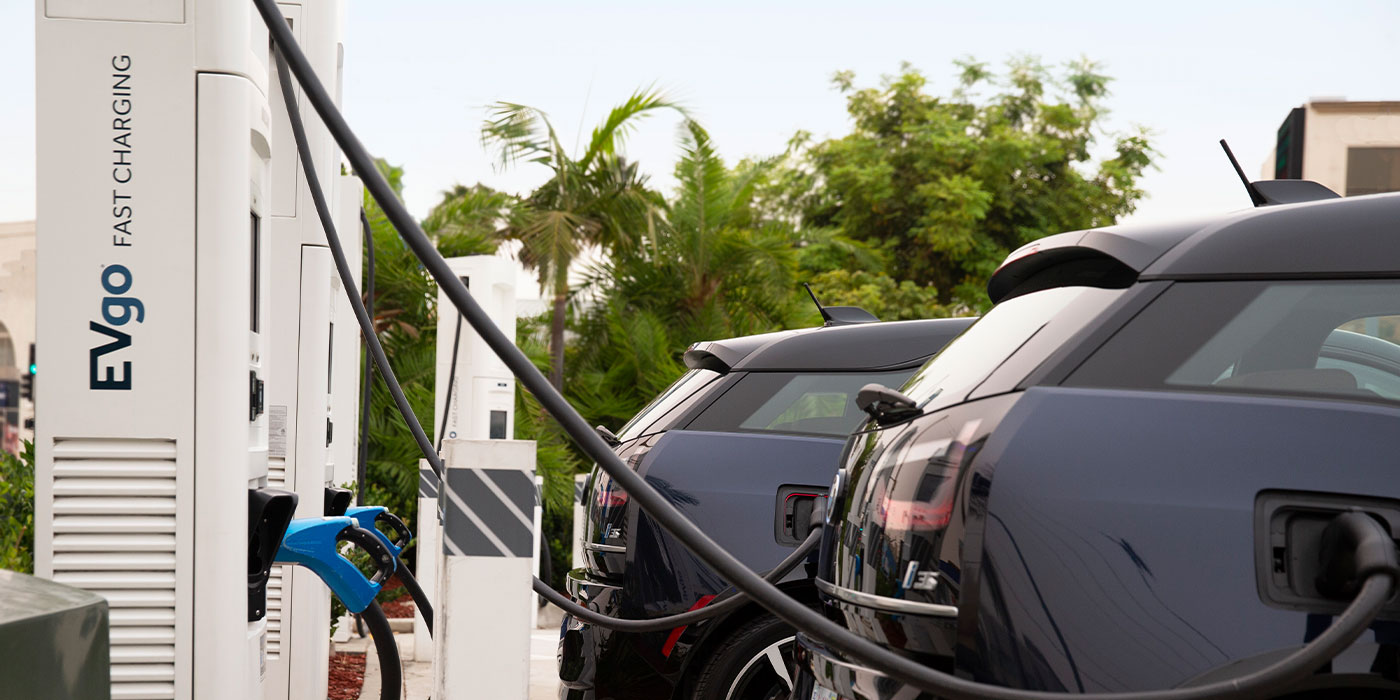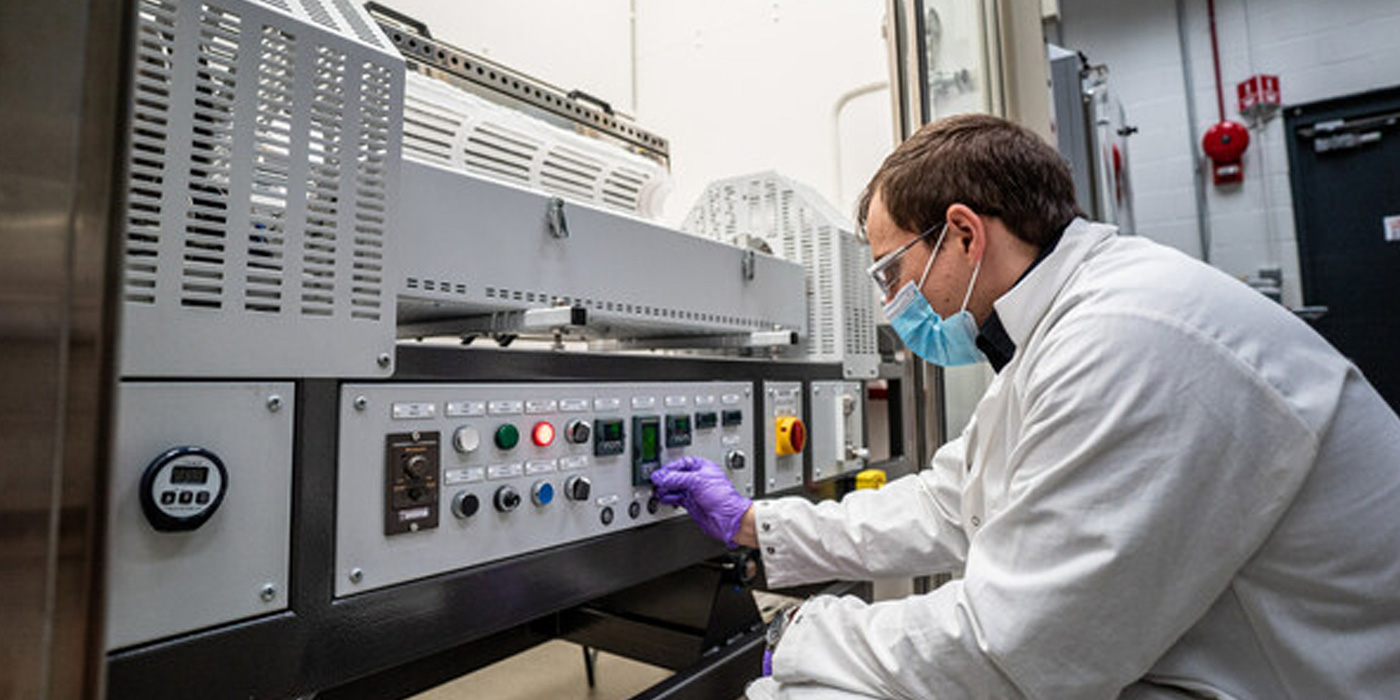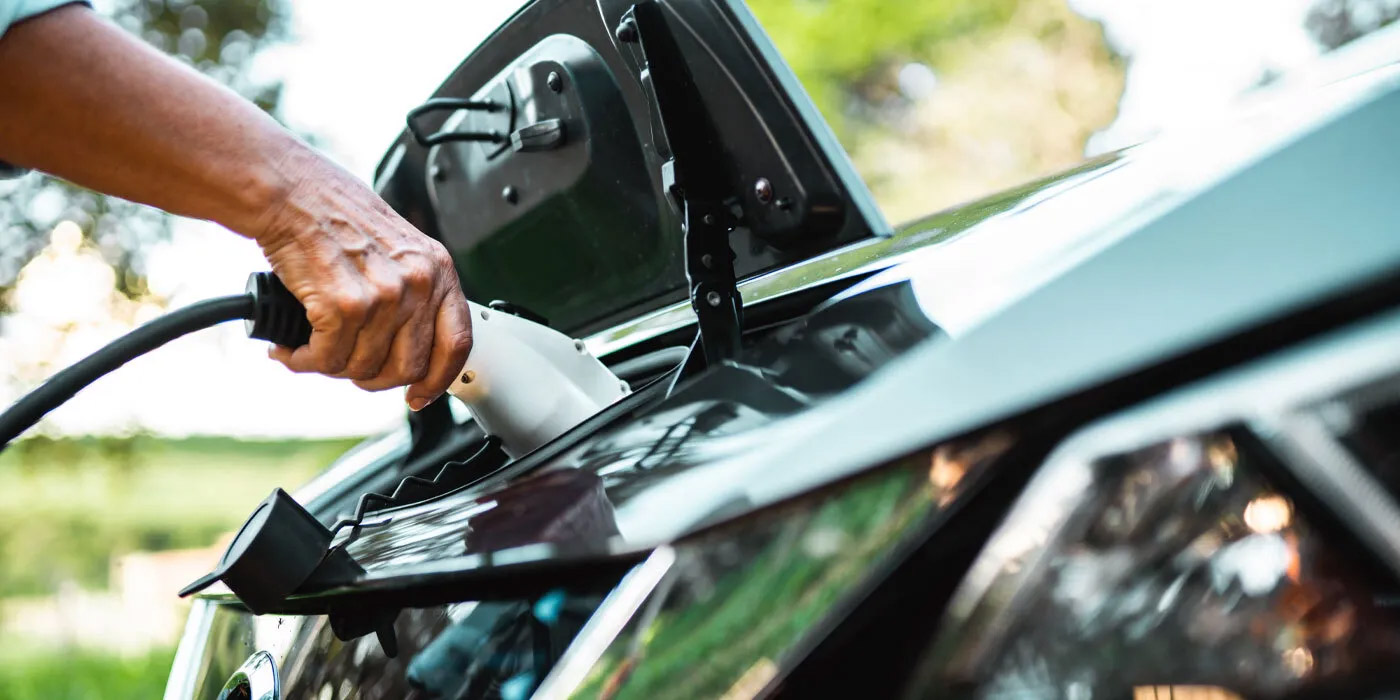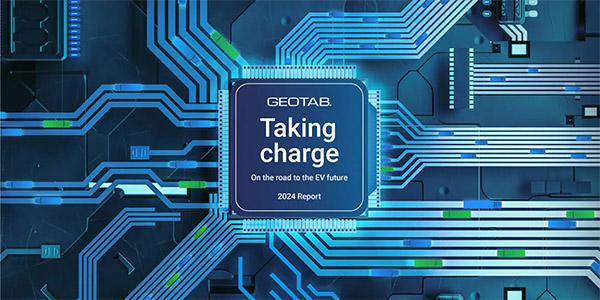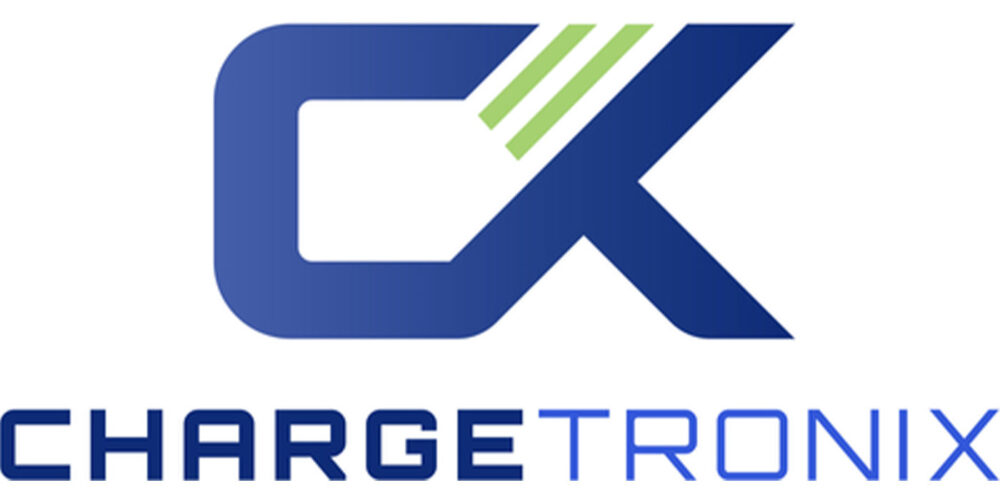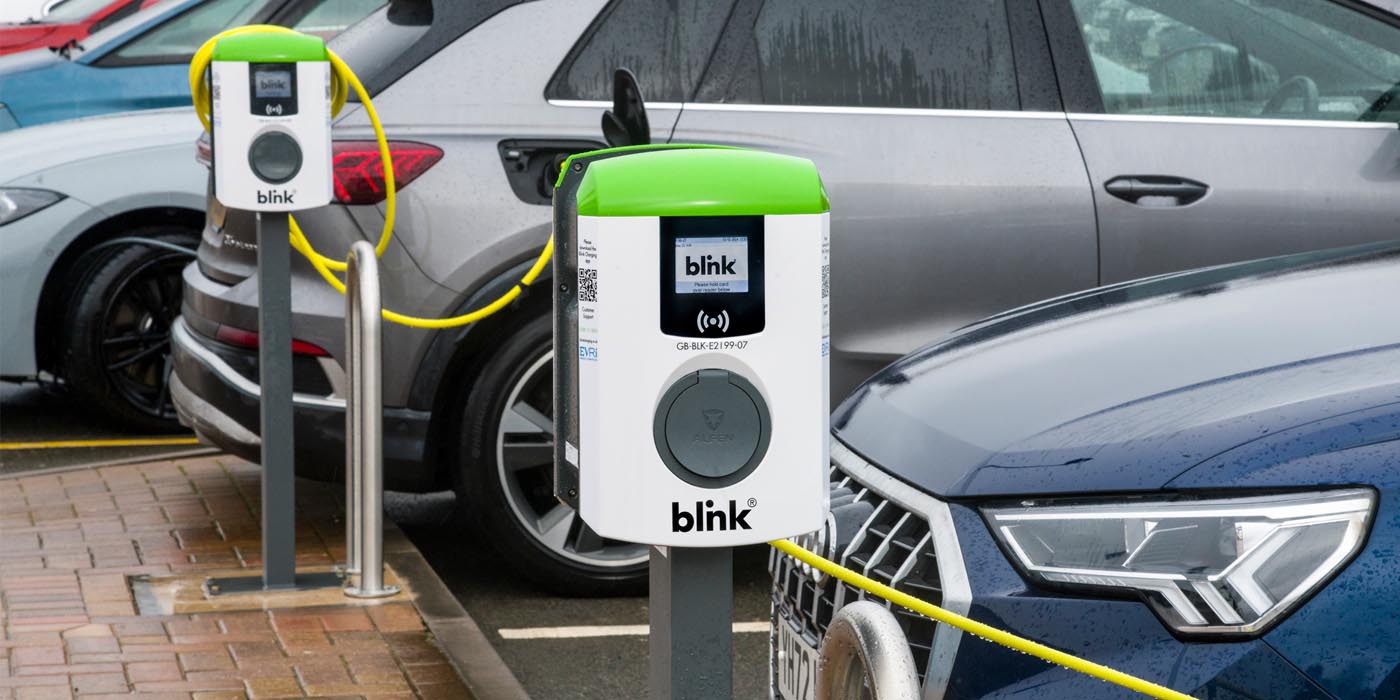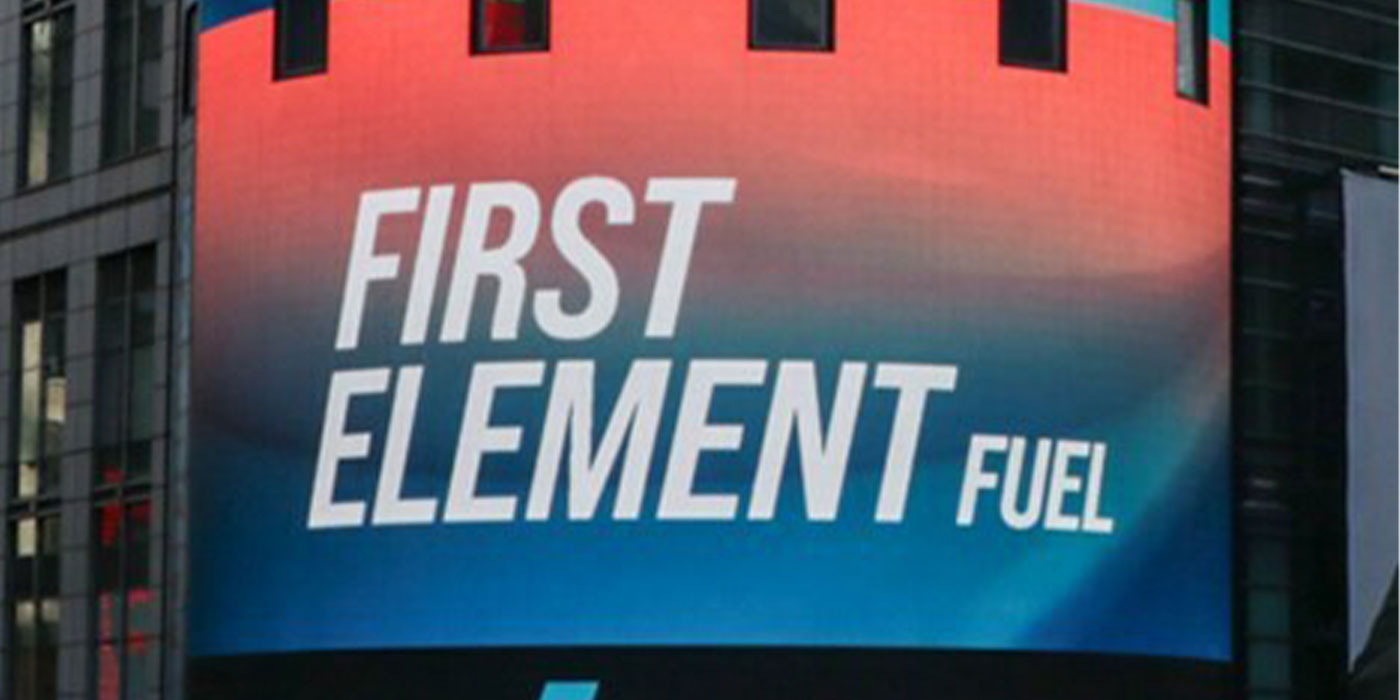J.D. Power announced the introduction of the J.D. Power EV Index, an analytics tool which it says tracks the growing EV market in the United States. Each month, the index will arrive at one number (on a 100-point scale) to make it easy to understand the progress to parity of EVs with traditional internal combustion engine (ICE) vehicles. The sub-category numbers will represent all the roadblocks to parity.
The EV Index score is 47 (based on the most recent available data from November 2022), with some categories improving and others declining during the 12-month pilot period. The EV Index score and accompanying analysis will be available monthly.
J.D. Power says the first-of-its-kind EV Index for the U.S. market enables industry stakeholders—automakers, utilities, suppliers, charge point operators and legislators—to navigate today’s rapidly evolving EV environment with real-time data that is plugged into a dynamic, web-based portal. The portal is equipped with cutting-edge visualizations, a simple-to-understand dashboard and a custom query tool that can help stakeholders make faster and more reliable decisions.
“Vehicle electrification has industry leaders grappling with billion-dollar decisions, and hyper-detailed data and analytics will help guide their decision making,” said Elizabeth Krear, vice president of electric vehicle practice at J.D. Power. “We’ve created a smart and dynamic way to capture how the EV marketplace is performing in relation to gas-powered vehicles, and the index provides a heightened level of detail never seen before in this arena.”
J.D. Power says millions of data points are aggregated into six specific categories to make up the EV Index:
- Interest—This factor measures the potential commitment to purchasing an EV based on voice of the customer and online behavioral data. The Interest score is 32, up 8 points from a year ago in the pilot phase, due largely to the growing number of EV models available or soon coming to market.
- Availability—This factor measures the proportion of new-vehicle buyers who have an EV purchase option that meets their buying needs, reflective of factors like price, manufacturer origin, segment and other inputs. The Availability score is 30, up 12 points year over year due largely to the ongoing introduction of EV models into new and important segments.
- Adoption—This factor measures the proportion of new-vehicle buyers who purchase an EV, relative to those with a viable substitute meeting their needs. The Adoption score is 22, down 4 points from a year ago primarily because the expansion of EV model availability is outpacing EV retail share.
- Affordability—This factor measures the total cost of ownership of an EV compared with the ICE segment average (after tax credits, rebates, incentives, operating costs and residual values—for both purchase and lease transactions). The Affordability score is 84, down 12 points year over year as EV prices have increased and 15 models were disqualified beginning in August when the Inflation Reduction Act’s North America manufacturing criteria kicked in. The Affordability score is expected to change dramatically based on January 2023 data as the manufacturers’ volume cap is lifted, but vehicle price thresholds and income limits are factored into the purchase of an EV. Leasing, which is currently at 10%, also is expected to grow because the criteria are less restrictive for leasing.
- Infrastructure—This factor measures the availability, location, speed, and quality and reliability of EV charging compared with gas stations for ICE vehicles. The Infrastructure score is 27, down 4 points year over year primarily because the volume of EV units in operation is outpacing the rate of reliable charger installations.
- Experience—This factor measures owners’ overall satisfaction with their EV, including appeal, quality, durability, range and the sales and service experiences, as compared with an ICE vehicle equivalent. The Experience score is 89, down 2 points from a year ago due largely to declining satisfaction with the EV sales experience.
The new service also includes substantially increased data granularity in which metrics are available at the national, regional, state and Designated Market Area (DMA) levels, and can be broken down by segment, brand and model.


